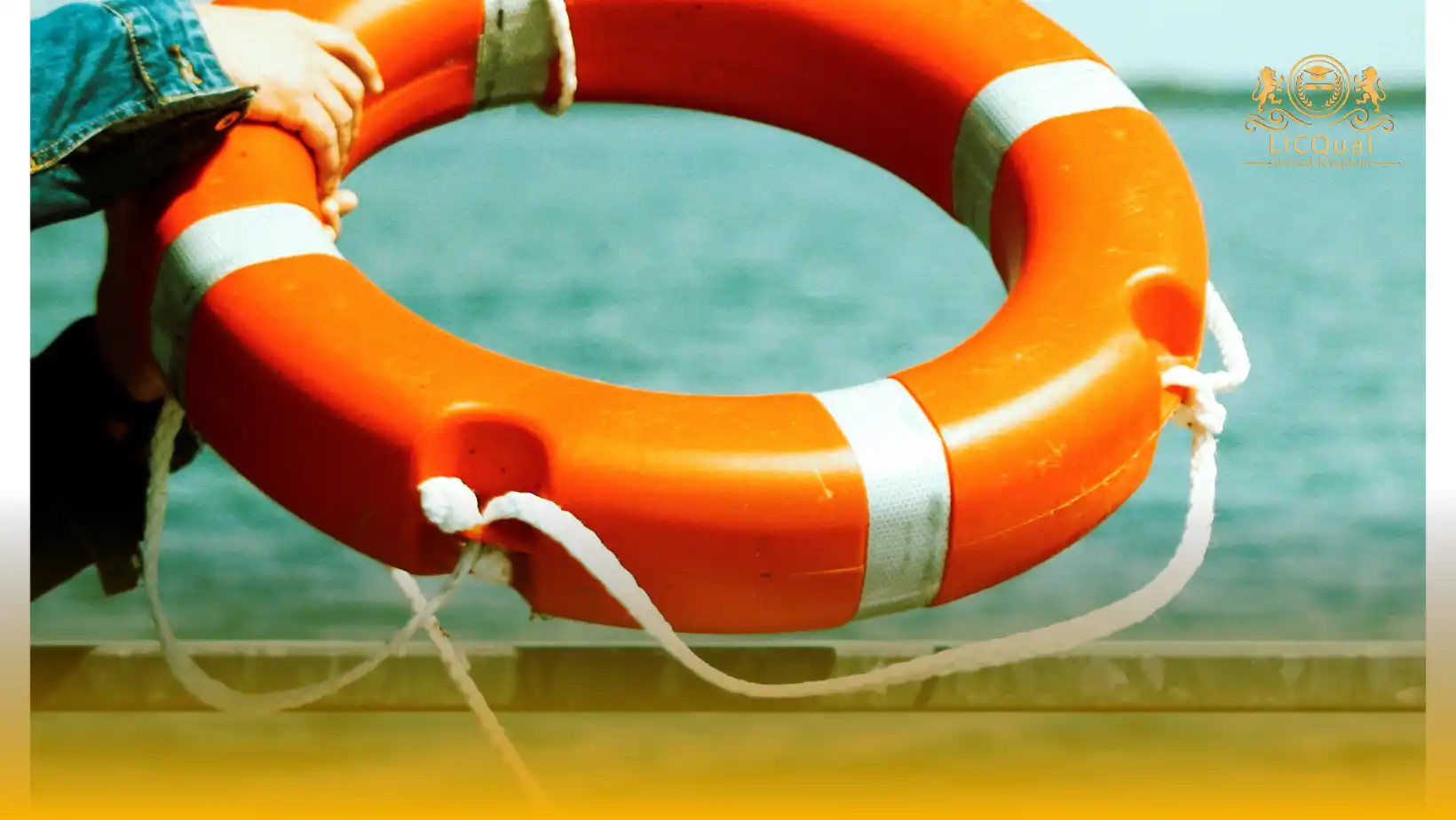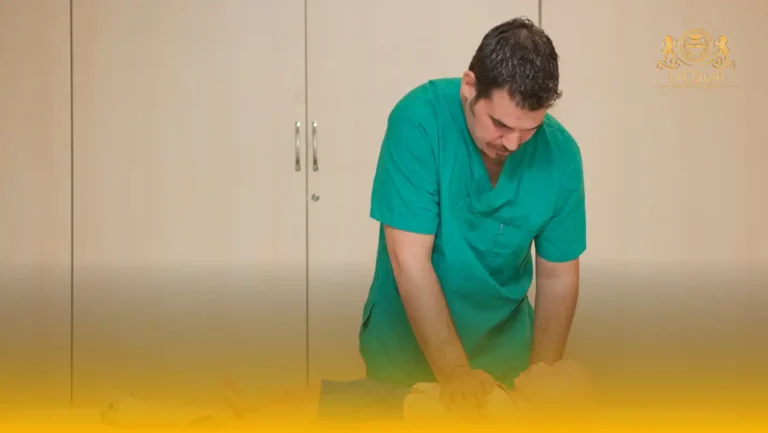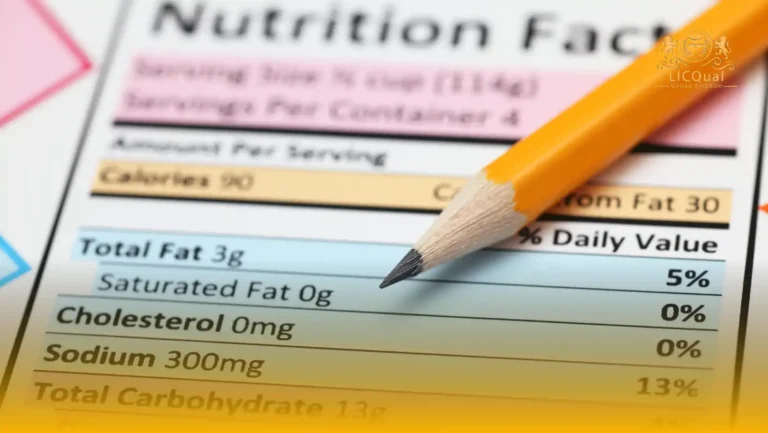The LICQual Level 4 Award in RLSS UK Mentor is a highly respected professional qualification designed for experienced lifesavers, lifeguards, and aquatic safety professionals who wish to mentor, guide, and develop the next generation of lifesaving practitioners. This internationally recognised certification is aligned with Royal Life Saving Society UK (RLSS UK) standards, ensuring participants gain the knowledge, skills, and confidence to effectively support trainee lifeguards, assessors, and instructors in achieving professional excellence.
This course focuses on advanced mentoring techniques, effective communication, professional leadership, and structured guidance within the aquatic safety environment. It equips learners with the ability to provide constructive feedback, identify development needs, and inspire mentees to achieve high levels of competence and confidence in lifesaving skills. Participants will also explore professional ethics, safeguarding responsibilities, and strategies for maintaining industry best practices.
The Level 4 Award in RLSS UK Mentor is ideal for individuals who want to make a lasting impact on water safety by fostering skilled, knowledgeable, and motivated aquatic safety professionals. Graduates of this course will be fully prepared to mentor within the RLSS UK framework, contribute to high safety standards in pools, beaches, and aquatic centres, and enhance the overall quality of lifesaving training worldwide.
By completing this qualification, learners not only advance their own careers but also play a vital role in shaping the future of lifesaving and water safety — ensuring safer aquatic environments for all.
Course Overview
Qualification Title
LICQual Level 4 Award in RLSS UK Mentor
Total Units
6
Total Credits
12
GLH
36
Qualification #
LICQ2200612
Qualification Specification
To enroll in the LICQual Level 4 Award in RLSS UK Mentor, applicants must meet the following criteria:
|
Qualification# |
Unit Title |
Credits |
GLH |
|---|---|---|---|
|
LICQ2200612-1 |
Introduction to Mentorship and the RLSS UK Framework |
2 |
6 |
|
LICQ2200612-2 |
Roles and Responsibilities of an RLSS UK Mentor |
2 |
6 |
|
LICQ2200612-3 |
Effective Communication and Coaching Skills |
2 |
6 |
|
LICQ2200612-4 |
Supporting Learners and Developing Skills |
2 |
6 |
|
LICQ2200611-5 |
Observation, Assessment, and Feedback in Mentoring |
2 |
6 |
|
LICQ2200612-6 |
Professional Practice, Reflection, and Continuous Development |
2 |
6 |
By the end of this course, learners will be able to:
Unit 1: Introduction to Mentorship and the RLSS UK Framework
Learning Outcomes:
- Explain the principles and purpose of mentorship within the RLSS UK context.
- Describe the structure, policies, and professional standards of the RLSS UK.
- Demonstrate understanding of the mentor’s role and responsibilities.
Unit 2: Roles and Responsibilities of an RLSS UK Mentor
Learning Outcomes:
- Identify key duties and ethical obligations of an RLSS UK Mentor.
- Apply professional standards in guiding and supporting mentees.
- Evaluate the importance of role modeling, leadership, and professional conduct.
Unit 3: Effective Communication and Coaching Skills
Learning Outcomes:
- Demonstrate active listening, questioning, and feedback techniques.
- Apply effective verbal and non-verbal communication in a mentoring setting.
- Develop coaching strategies to motivate and support mentees.
Unit 4: Supporting Learners and Developing Skills
Learning Outcomes:
- Assess the learning needs of mentees using appropriate tools and methods.
- Plan and implement tailored development strategies.
- Provide constructive support to build mentees’ skills and confidence.
Unit 5: Observation, Assessment, and Feedback in Mentoring
Learning Outcomes:
- Conduct structured observations in accordance with RLSS UK assessment standards.
- Record and analyse performance data to monitor mentee progress.
- Deliver balanced and actionable feedback to promote improvement.
Unit 6: Professional Practice, Reflection, and Continuous Development
Learning Outcomes:
- Reflect critically on own mentoring practice to identify strengths and areas for improvement.
- Maintain accurate mentoring records in line with RLSS UK requirements.
- Commit to ongoing professional development to enhance mentoring skills.
The LICQual Level 4 Award in RLSS UK Mentor is designed for professionals who want to guide, support, and develop lifesaving skills in others. This course is ideal for experienced lifeguards, swimming instructors, and aquatic safety professionals who aim to become accredited mentors capable of delivering effective guidance and assessments. Whether you are working in pools, leisure centers, or community programs, this qualification prepares you to mentor with confidence and professionalism.
1. Experienced Lifeguards and Rescue Professionals
- Perfect for lifeguards seeking to move into mentoring roles.
- Builds skills in providing feedback and support to less experienced colleagues.
- Enhances leadership and instructional capabilities.
- Prepares you to deliver structured mentoring sessions.
- Improves career opportunities in aquatic safety management.
2. Swimming Instructors and Coaches
- Designed for instructors aiming to mentor junior coaches or trainees.
- Develops coaching strategies for effective skills transfer.
- Strengthens lesson planning and evaluation abilities.
- Provides techniques to foster learner confidence and competence.
- Enhances professional credibility in aquatic training programs.
3. Aquatic Safety Officers and Facility Managers
- Ideal for those managing teams in swimming pools or leisure centers.
- Enables mentoring of staff in emergency procedures and safety protocols.
- Supports development of consistent assessment practices.
- Improves team performance through structured guidance.
- Adds recognized qualification for professional advancement.
4. Corporate and Workplace Safety Trainers
- Suitable for trainers responsible for workplace aquatic safety programs.
- Teaches strategies to mentor employees in lifesaving skills.
- Helps integrate mentoring into organizational safety plans.
- Strengthens staff readiness for emergencies.
- Enhances professional profile with an accredited Level 4 qualification.
5. Community Educators and Volunteer Mentors
- Perfect for individuals working in NGOs, schools, or swimming programs.
- Builds skills to guide diverse learner groups effectively.
- Encourages leadership in local aquatic safety initiatives.
- Promotes confidence and competence in trainees.
- Enhances community impact through accredited mentorship.
6. Career Changers Entering Mentoring Roles
- Designed for professionals transitioning into coaching and mentoring.
- Provides structured guidance and assessment training.
- Develops both theoretical knowledge and practical mentoring skills.
- Builds confidence in leading and supporting learners.
- Opens new career opportunities in aquatic education and training.
7. Health and Safety Professionals
- Tailored for occupational safety officers in aquatic environments.
- Strengthens mentoring skills in risk assessment and emergency response.
- Enables assessment of staff competence in lifesaving procedures.
- Supports compliance with safety regulations.
- Adds globally recognized Level 4 mentor credentials.
The LICQual Level 4 Award in RLSS UK Mentor equips a broad range of professionals to lead, teach, and assess effectively, ensuring high-quality mentorship in aquatic safety.
Assessment and Verification
All units within this qualification are subject to internal assessment by the approved centre and external verification by LICQual. The qualification follows a criterion-referenced assessment approach, ensuring that learners meet all specified learning outcomes.
To achieve a ‘Pass’ in any unit, learners must provide valid, sufficient, and authentic evidence demonstrating their attainment of all learning outcomes and compliance with the prescribed assessment criteria. The Assessor is responsible for evaluating the evidence and determining whether the learner has successfully met the required standards.
Assessors must maintain a clear and comprehensive audit trail, documenting the basis for their assessment decisions to ensure transparency, consistency, and compliance with quality assurance requirements.







